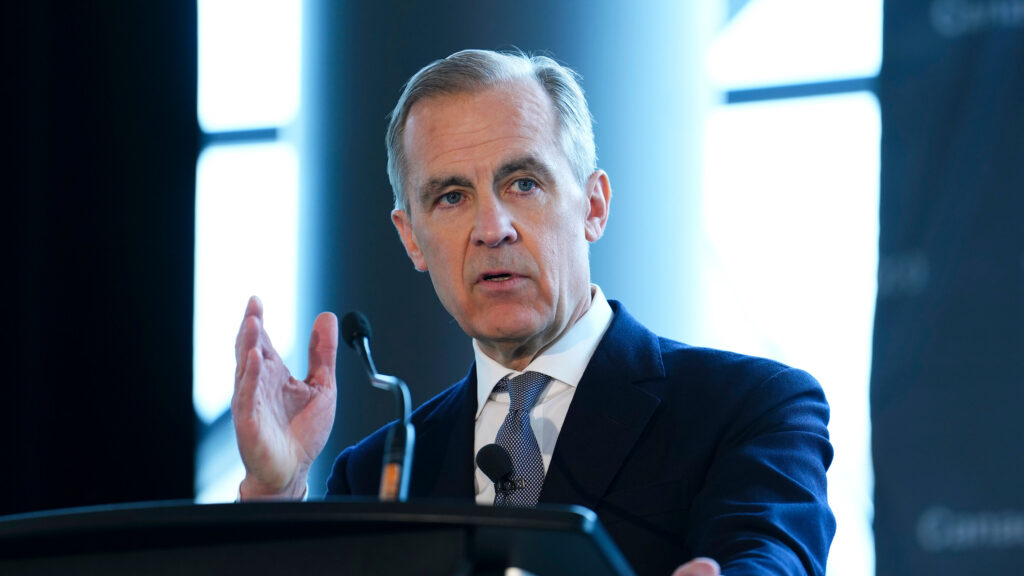Canada has announced it will lift a significant portion of its retaliatory tariffs on U.S. imports, marking a cautious step toward easing tensions in the ongoing trade dispute between Ottawa and Washington. The decision, unveiled by Prime Minister Mark Carney on Friday, comes after Canada and the U.S. missed a self-imposed deadline to finalize a new trade agreement.
Carney said Canada will remove tariffs on goods compliant with the U.S.-Mexico-Canada Agreement (USMCA), aligning with U.S. policy. “This will re-establish free trade for the vast majority of goods that move between our countries,” Carney explained. The move will take effect on September 1. However, Ottawa will maintain its 25% duties on U.S. steel, aluminium, and auto imports, sectors Carney described as “strategically important” for Canada’s economy and negotiating position.
The tariffs, initially covering about C$30 billion worth of U.S. exports ranging from orange juice to washing machines were imposed in response to Washington’s sweeping trade actions. Since returning to office in January, President Donald Trump has imposed or raised tariffs on goods worldwide, including a 35% levy on Canadian exports not covered by USMCA. Steel, aluminium, and copper imports face particularly steep penalties.
In a statement to CBS, the White House welcomed Canada’s partial retreat, calling it “long overdue” while emphasizing the importance of continued talks.
Domestically, polling suggests Canadians strongly support retaliatory tariffs, seeing them as a necessary defense against Trump’s aggressive trade strategy. Carney, who campaigned on a tough “elbows up” approach a nod to ice hockey’s hard-nosed style — defended his decision, noting that Canada’s effective tariff rate remains far lower than that faced by many other countries. “At about 5.6%, our businesses enjoy a unique advantage that we must protect,” he said.
Looking ahead, Canada’s focus will be on accelerating negotiations with Washington on critical sectors such as autos, steel, aluminium, and lumber. These talks come ahead of a scheduled review of USMCA next year, a process expected to shape the trajectory of North American trade for years to come.

